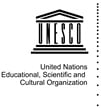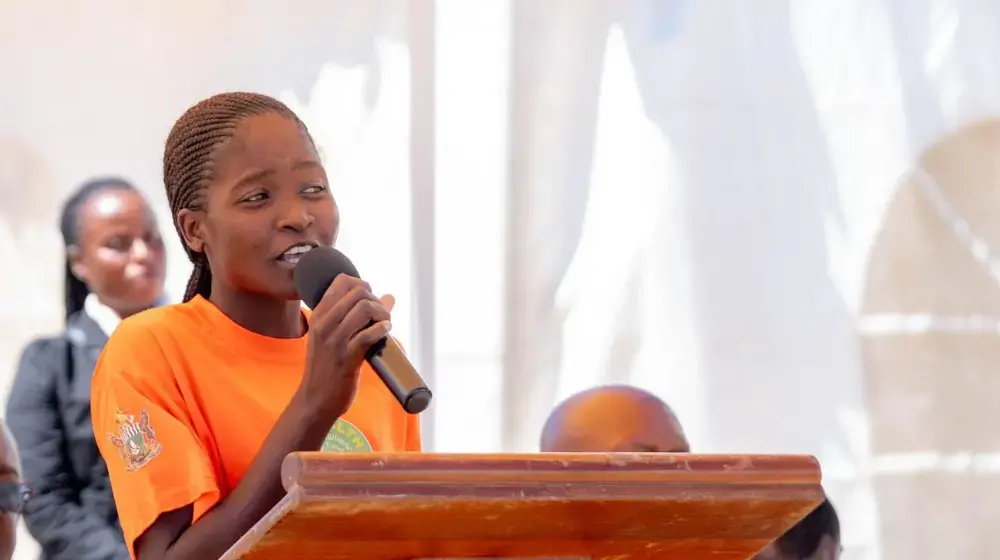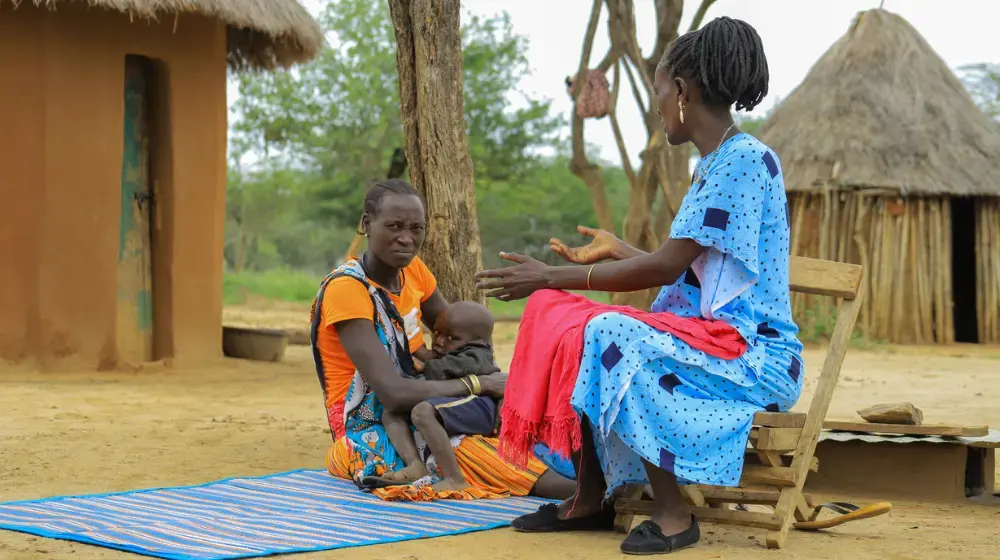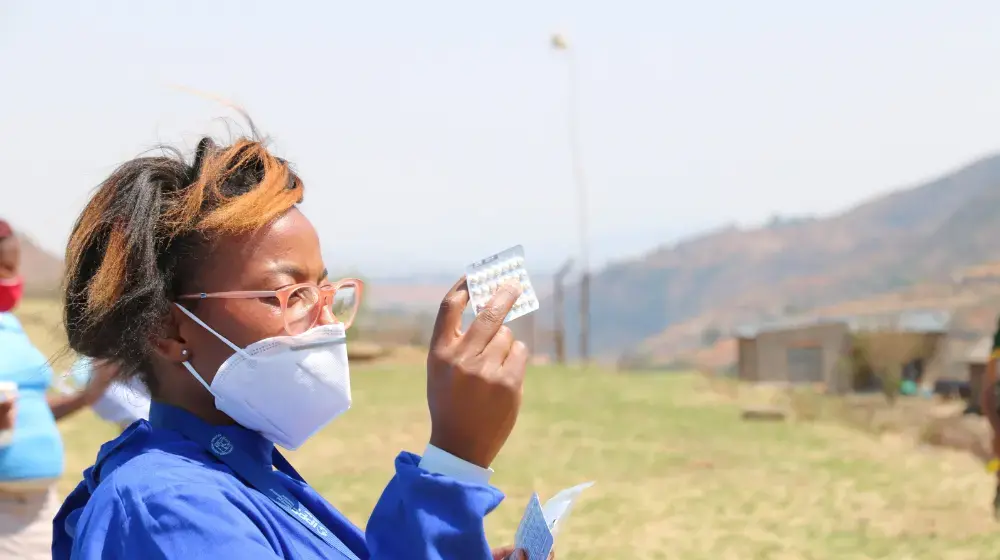

COMPREHENSIVE SEXUALITY EDUCATION: PREPARING TEACHERS TO CLOSE THE KNOWLEDGE AND SKILLS GAP FACED BY LEARNERS
Johannesburg, 28 August 2014 – Young people in East and Southern Africa (ESA) face many challenges today. Nearly two thirds lack basic knowledge to access crucial sexuality education and health information to protect themselves from issues related to HIV and early pregnancy. With adolescents and young people making up over one third of the region’s population, it is critical we act now.
“Sixty per cent of young people aged 10 to 24 years lack the basic knowledge they need to prevent HIV, due to a lack of sexuality education,” said Dr. Julitta Onabanjo, Regional Director of UNFPA East and Southern Africa, at a meeting hosted by UNFPA and UNESCO in Johannesburg, South Africa from August 26–28, 2014. “Comprehensive sexuality education, sexual and reproductive health services, education and skills building for adolescents and young people need to be placed at the heart of the Sustainable Development Goals (SDGs), with specific indicators and targets.”
The education and health sectors recognize the urgency facing young people and have committed to improving comprehensive sexuality education and youth-friendly health services through a historical ESA commitment signed in December 2013. This commitment has targets to be completed by 2015 and 2020. Some of the key tasks included in these targets are devising strategies to develop and implement a comprehensive sexuality education curricula framework and conducting effective training for teachers and health providers.
The meeting focused on the status of teacher training in sexuality education for East and Southern Africa. UNESCO and UNFPA, with support from USAID, commissioned a situational analysis in 2013 to review the status of pre- and in-service teacher training on sexuality education in 21 countries in ESA. The key findings of the report were presented during the meeting. At the regional level, the report is to be used for the development of a coordinated regional approach to improving teacher training programmes in the ESA region, in order to scale up and sustain quality CSE.
Dr. Onabanjo said the policies and procedures that would be put in place at the meeting had the potential to improve the lives of the largest numbers of adolescents and young people in Africa’s history.
“By better preparing teachers, their supervisors and tutors with the appropriate training, materials and mandate to teach sexuality education including HIV, the education sector may close the knowledge and skills gap faced by many students across the region,” said Professor Sheila Tlou, Director of UNAIDS Regional Support Team.
These words were echoed by SADC Secretariat’s Lomthandazo Mavimbela: “This training is so important. However, training alone is not enough – further coaching and ongoing mentoring and support is essential for successful curriculum implementation,” she said.
“In order for comprehensive sexuality education curricula to be effective, there needs to be adequate support, training, resources, and mentoring for teachers,” said Dr. Patricia Machawira, Regional HIV and Health Education Advisor with UNESCO. “Effective training must have a personal impact on teachers, allowing them to reflect on their own attitudes so that they not only internalize content they are teaching but gain confidence in discussing these topics in the classroom in a non-judgemental and rights-based manner.”
Indeed, the unifying vision was this: That every young African is resilient and informed, making their own decisions, fostering healthy relationships, accessing proper health care, actively participating in their education and ultimately, contributing to the development of their community and their future.
UNFPA, UNITED NATIONS POPULATION FUND, is the lead UN agency for delivering a world where every pregnancy is wanted, every birth is safe, and every young person's potential is fulfilled. UNFPA expands the possibilities for women and young people to lead healthy and productive lives. UNFPA East and Southern Africa (ESA) works in 23 countries in the region. In these countries, the Fund is a catalyst for progress. Working with governments and through partnerships with other UN agencies, civil society and the private sector, it makes a real difference in the lives of millions of people, especially those who are most vulnerable. For more information, visit esaro.unfpa.org , “like” UNFPA ESARO on Facebook and follow @UNFPA_ESARO on twitter.
UNESCO works to create the conditions for dialogue among civilizations, cultures and peoples, based upon respect for commonly shared values. It is through this dialogue that the world can achieve global visions of sustainable development encompassing observance of human rights, mutual respect and the alleviation of poverty, all of which are at the heart of UNESCO’S mission and activities. For more information visit www.unesco.org .
YOUNG PEOPLE TODAY
In support of the process and commitment, the campaign, Young People Today, Time to act now campaign was developed. It continues to support the ESA Commitment and its countries in keeping adolescent and youths’ sexual and reproductive health information and services at the forefront of the National agenda in the member states. Learn more at www.youngpeopletoday.net .
Adebayo Fayoyin, UNFPA East and Southern Africa, fayoyin@unfpa.org , +27 78 6066715
Lindsay Barnes, UNFPA East and Southern Africa, barnes@unfpa.org , +27 84 8118163
Corrie Butler, UNESCO/Young People Today, c.butler@unesco.org , +27 076 3543889




